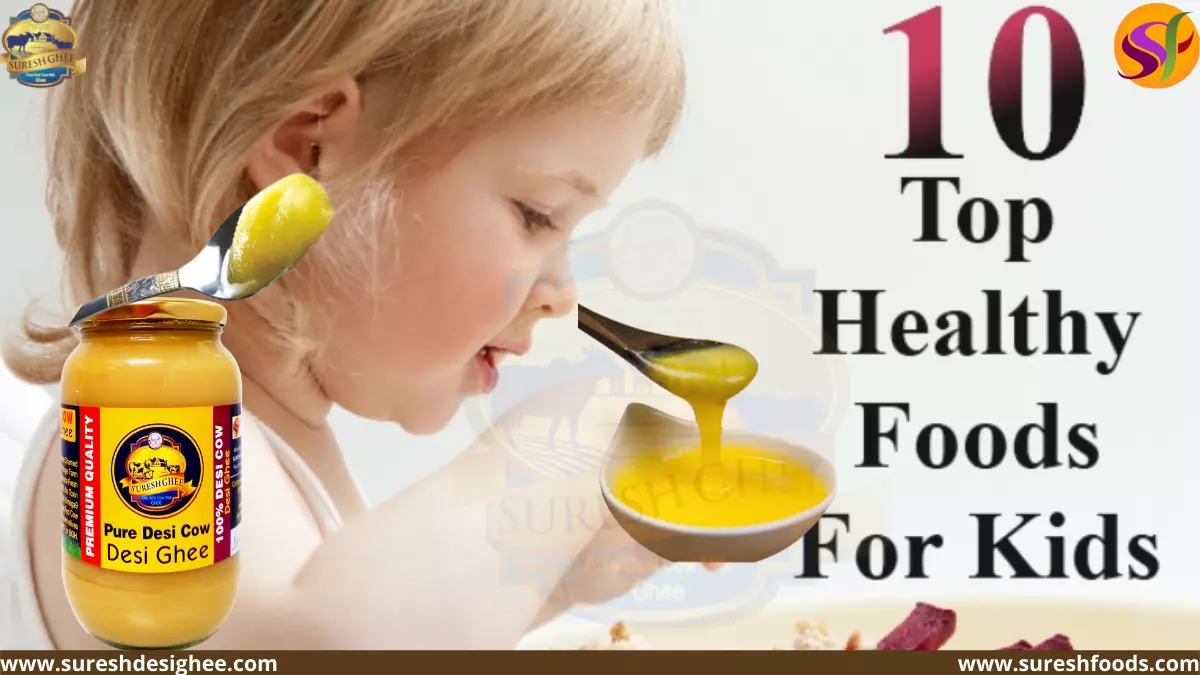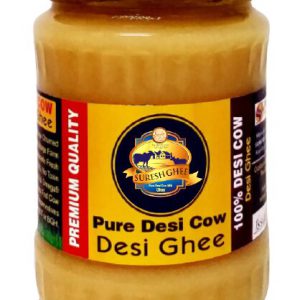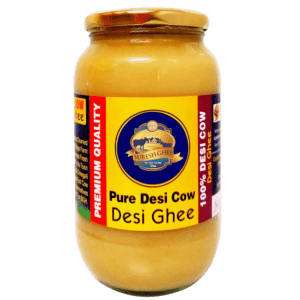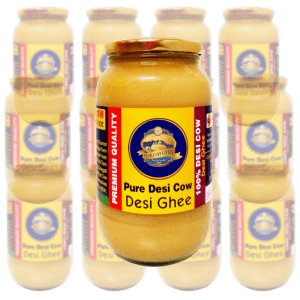Kids need vitamin D for brains, calcium for their bones, and all the vitamins and minerals for overall health through nutritious food. You may have concerns about what to add or what to avoid from their diet chart. Ward off the worries and just follow these 10 foods for your kid’s good health.
Here we made expert suggestions for mealtimes as well as a list of the top 10 healthy foods for your kids. Although you don’t want to get in the habit of pressurizing your kids to intake foods they don’t like or forcing them to clean their plates, there are many healthy foods that kids love.
The Following 10 foods are super-healthy and also nutritious for your kids.
1. Yogurt
Yogurt is a salutary food for kids, especially for kids who avoid drinking milk, as yogurt is a rich source of calcium. It’s simple to add flavor yourself by using berries and sprinkling a whole-grain cereal on top or innovating a fun parfait with fruit.
You may think that your kids are doing great with this one because they already love yogurt, but if all they have is a kids’ brand of yogurt with extra sugar and no added probiotics, then they may be missing out on some of the nutritional values of yogurt.
An easy way to choose a healthy yogurt? Buy plain Greek yogurt, which contains zero added sugars and aids twice the protein of regular yogurt. Most yogurt that’s flavored has added sugar; some new packs are flavored with fruit, but plain is always a healthy bet.
Read More: Ayurveda and the Golden Goodness of Ghee
2. Beans
Beans are a wholesome superfood. They’re packed with protein and fiber, plus they’re easily available and take little effort to cook. Always prefer low-sodium canned beans such as black beans, chickpeas, or kidney beans.
Simply open the can, wash them to take out extra sodium, and make any dish. Fiber assists to regulate healthy digestion and your kids feel fuller from hunger pangs for longer, so they aren’t demanding you for a snack 5 minutes after dinner ends.
3. Eggs
One large egg contains around 6 grams of protein and offers vitamin D, vitamin B12, and iron. Also, eggs are enriched with omega-3 fatty acids, which aid in kids’ brain growth. Don’t worry about cholesterol-saturated and trans fats having a bigger effect on high bad cholesterol.
At breakfast, avoid pastries, oily foods, and preserved meats. Instead, you can scramble some eggs for your kids. If your kids don’t love scrambled eggs, try different recipes like egg salad or egg casseroles.
Eggs also make a great initiative food for babies. Kids who fall between 6 and 12 months might help from food allergies due to egg intake.
4. Oatmeal
As much as infants like oatmeal cereal, it is a little surprising that many then grow up on white bread and other refined grains. Oatmeal is also suggested as one of the selected kinds of food items that can be given to small children.
Children will like the best taste that is provided by oatmeal. You can simply mix some of this oatmeal into milk and add a few best types of fruits into it.
5. Tuna Fish
Fish can be a fortified food unless your kids only have fish sticks or fried fish sandwiches. You should try this tuna fish. It is healthy that many kids love to eat.
Parents always avoid serving tuna fish due to concerns about mercury contamination, but it is nutritious to eat in moderation. Children should eat up to two servings a week of canned light tuna or you can feed them with one serving of solid white albacore tuna.
6. Sweet Potato
Wash the sweet potato, make some holes in it, and microwave it for 3-5 minutes. Slice it lengthwise or vertically, allow it to cool, then scoop onto your child’s food. If your kid is 6 months, 6 years old, or 16 years old, sweet potatoes are suitable across the board (because they’re sweet!).
They’re supercharged with vitamin A (over 300 percent everyday rate for an adult), fiber, and potassium. Limiting salt and elevating potassium controls blood pressure and your heart health.
7. Milk
Milk helps build strong bones because it’s loaded with calcium and vitamin D. One 8-ounce glass is also rich in phosphorus, contains vitamin B12 and potassium, and includes 8 grams of protein. If your kid doesn’t love cow’s milk, there are a variety of alternatives on shelves today.
But go check with the nutrition levels and select unsweetened or plain options for your kids. Every option of milk has a slightly varied nutrition profile; soy milk has the greatest protein level.
Read More – Ghee- A short consideration from the Ayurvedic perspective
8. Whole Grains
Kids require about 25 grams per day, but many snacks only include 1-3 grams per serving. Whole-grain foods for kids contain oatmeal, whole-wheat pasta, brown rice, and whole-wheat tortillas. You can also try whole-wheat flour or white whole-wheat flour for cooking pancakes, cookies, or pizza dough.
9. Cheese
Most kids love to eat cheese. Cheese is a quick way to induce protein into a meal or snack. You can also add it with eggs recipes, sandwiches, tacos or combine it with fruit or whole-grain crackers.
10. Flaxseeds
Flaxseeds are enriched with omega 3 fatty acids that can help in the best manner. Consumption of flaxseeds can be useful in the healthy growth of the brain. They are easily available in the market and can be added to breakfast as sprinklers. Use some of the flaxseeds or its oil for cooking breakfast for your kid.
Along with all these 10 healthy foods don’t forget to add the superfood desi cow ghee to your kid’s diet plan. Desi cow ghee is enriched with all vital vitamins and minerals that boost the overall health of a kid.
Desi Cow Ghee:
According to ancient Ayurvedic texts, desi cow is a “sattvic” food that offers the well-being and healthy growth of the whole system and also prevents your kids from many infections. It is composed of a myriad daily nutritious dietary supplements like CLA (Conjugated Linoleic Acid), Omega 3 and Omega 9 fatty acids along with vitamins A, D, E, and K.
The absorption of nutrients in the human body enhances when suspended in an organic ghee matrix. However, moderation of desi cow ghee to your child can offer its essential essence and avoid them from huge troubles in the growing years like childhood obesity and other health issues.
Benefits Of Desi Cow Ghee For Kids
Promotes health:
Desi Ghee delivers good nourishment to the kids and it assists for healthy growth and avoids tooth decay, and muscle soreness, etc.
Builds energy:
As kids need more energy than other age groups, desi cow ghee acts as an energy booster for kids. It helps to meet their energy requirements.
Strengthens the body:
It enhances the immunity level, improves eyesight, and strengthens the bone muscle.
Avoid deficiency:
Desi ghee also assists to prohibit malnutrition and deficiency of fat-soluble vitamins.
Boosts memory power:
Kids who eat desi cow ghee have an improvement in their learning and their memory power. Do you wish your kids should learn things quicker and should have good memory power then add ghee to their diet?
Conclusion:
Desi cow ghee is one of the ample sources of fat. It has many health values and should be a segment of your child’s dietary plan. You will also have many queries in your mind regarding- the best ghee for babies. When to start ghee for babies? Is ghee healthy for your babies? Or what are the health benefits of desi cow ghee for kids?
Many mothers have preferred Suresh Desi ghee and have also added them to their kids’ diet. Now the question is- Where can I get the pure desi ghee for my kid? You can order online your best ghee at our store: https://sureshdesighee.com/.







 WhatsApp us
WhatsApp us
Naveen m...